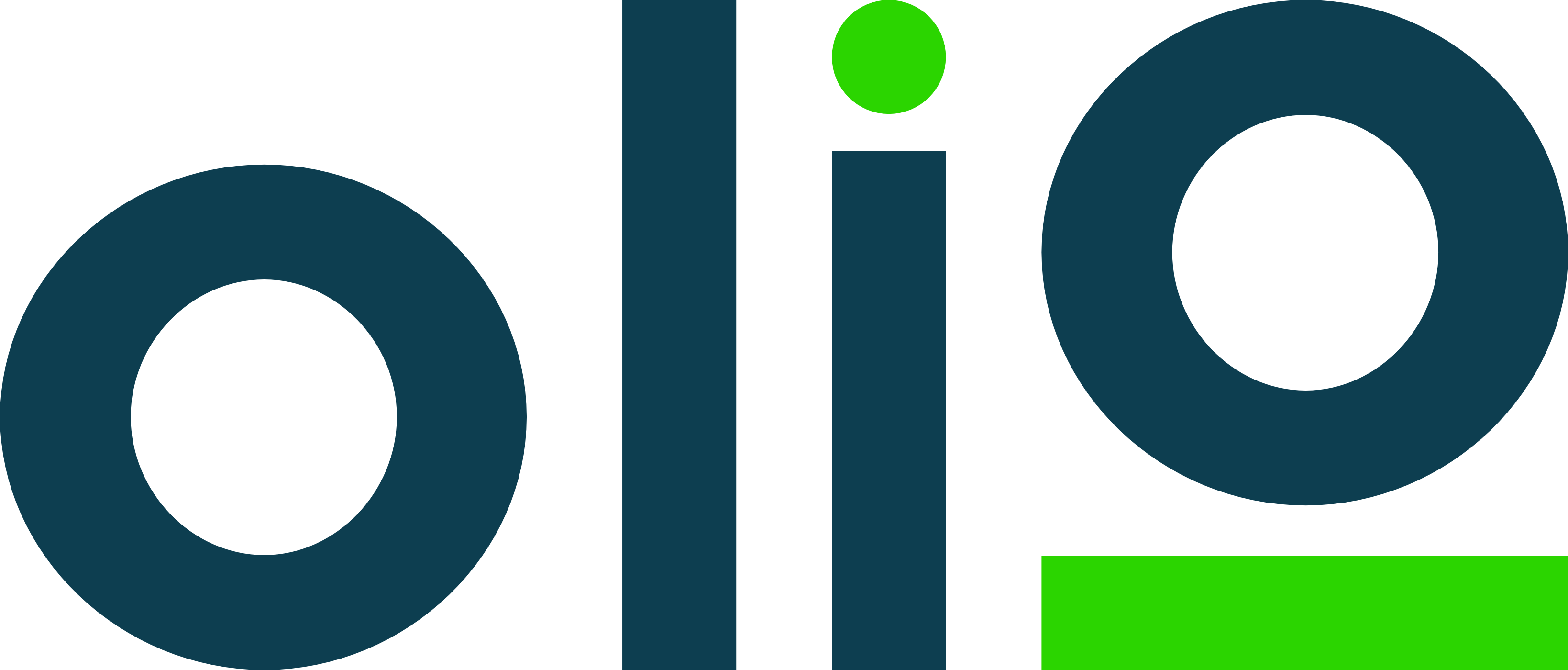Building a personal brand is about shaping how the world perceives you based on your skills, values, expertise, and personality. It's a deliberate process of crafting your professional image to stand out in a competitive environment. Whether you're an entrepreneur, professional, or freelancer, developing a strong personal brand can open doors to new opportunities, enhance your career, and establish your reputation as a thought leader. Here's how to build and develop your personal brand effectively.
1. Define Your Purpose and Goals
The first step in personal branding is understanding your purpose and long-term goals. Ask yourself:
- What do I want to be known for?
- What expertise or skills do I have that set me apart?
- Who is my target audience?
Your brand should align with your passions and career goals. By defining your purpose, you'll have a clear direction for building a brand that represents your unique identity and vision.
2. Identify Your Unique Value Proposition (UVP)
Your Unique Value Proposition (UVP) is the combination of qualities and expertise that makes you different from others. To identify it, consider:
- What are your strengths and key skills?
- What problems do you solve?
- How do you add value to your field?
Once you've defined your UVP, use it as the foundation of your personal brand. This will help you communicate clearly to your audience why they should engage with you and what makes you stand out.
3. Build Your Online Presence
In today's digital age, a strong online presence is essential for personal branding. Here's how to start:
- Create a Personal Website: Your website should serve as your digital portfolio, showcasing your skills, achievements, and content.
- Social Media Profiles: Choose platforms like LinkedIn, X (formerly Twitter), or Instagram based on your goals and industry. Be active, share relevant content, and engage with your audience.
- Content Creation: Regularly produce content, such as blog posts, videos, or social media updates, that reflect your expertise and add value to your audience. This not only builds authority but helps you stay visible and relevant.
4. Use Personal Link Management Tools
As part of managing your online presence, personal link management tools are essential for keeping your audience connected to all your digital platforms in one place. Tools like Olio allow you to create a centralized hub for your social media profiles, websites, portfolios, and other online content. By using a tool like Olio, you make it easy for people to find and connect with your brand, strengthening your digital presence and credibility.
5. Network and Collaborate
Building a personal brand involves connecting with others. Expand your network by:
- Attending Industry Events: Conferences, webinars, or meetups are great ways to meet like-minded professionals and make valuable connections.
- Collaborating with Others: Partner with other professionals or influencers in your industry. Guest blogging, co-hosting events, or cross-promoting content can expand your reach.
- Engaging on Social Media: Comment on posts, participate in discussions, and share insights to demonstrate your expertise and engage with others in your field.
6. Stay Authentic
While it's important to craft your brand, it's equally important to remain authentic. People can spot inauthenticity, and maintaining a genuine brand helps build trust with your audience. Stick to your core values, speak honestly, and stay true to yourself in every interaction.
7. Be Consistent
Consistency is key to a strong personal brand. Ensure that your messaging, tone, and visual identity remain the same across all platforms and interactions. This includes:
- Visuals: Use the same headshot, logo, colors, and fonts across your website and social media.
- Messaging: Keep your voice and tone consistent, whether you're posting on LinkedIn or writing an article. This helps reinforce your brand and makes you more recognizable.
8. Leverage Storytelling
People connect with stories, and using storytelling in your personal brand can create deeper emotional connections with your audience. Share your journey, experiences, and the challenges you've overcome. Personal stories make you more relatable and memorable.
9. Seek Feedback and Refine Your Brand
Personal branding is not a one-time effort. As you grow and evolve, so should your brand. Regularly seek feedback from mentors, peers, or clients to understand how others perceive your brand and where improvements can be made. Use this feedback to refine your messaging, strategy, and content.
10. Measure and Track Your Progress
To ensure your personal brand is working, you'll need to track your progress:
- Monitor Engagement: Use analytics tools on social media and your website to track audience growth, engagement, and the impact of your content.
- Set Benchmarks: Set measurable goals for your brand, such as gaining a certain number of followers, building a portfolio of guest blog posts, or speaking at events. Review your progress regularly and adjust your strategy as needed.
11. Keep Learning and Evolving
Finally, stay curious and committed to continuous learning. Follow industry trends, acquire new skills, and always be ready to adapt your personal brand to meet the evolving needs of your audience and profession. Continuous growth will keep your brand fresh, relevant, and dynamic.
Conclusion
Building and developing a personal brand takes time, effort, and consistency, but it can significantly enhance your professional and personal life. By being authentic, showcasing your unique value, engaging with your audience, and continuously refining your brand, you'll create a powerful identity that sets you apart and attracts meaningful opportunities.
